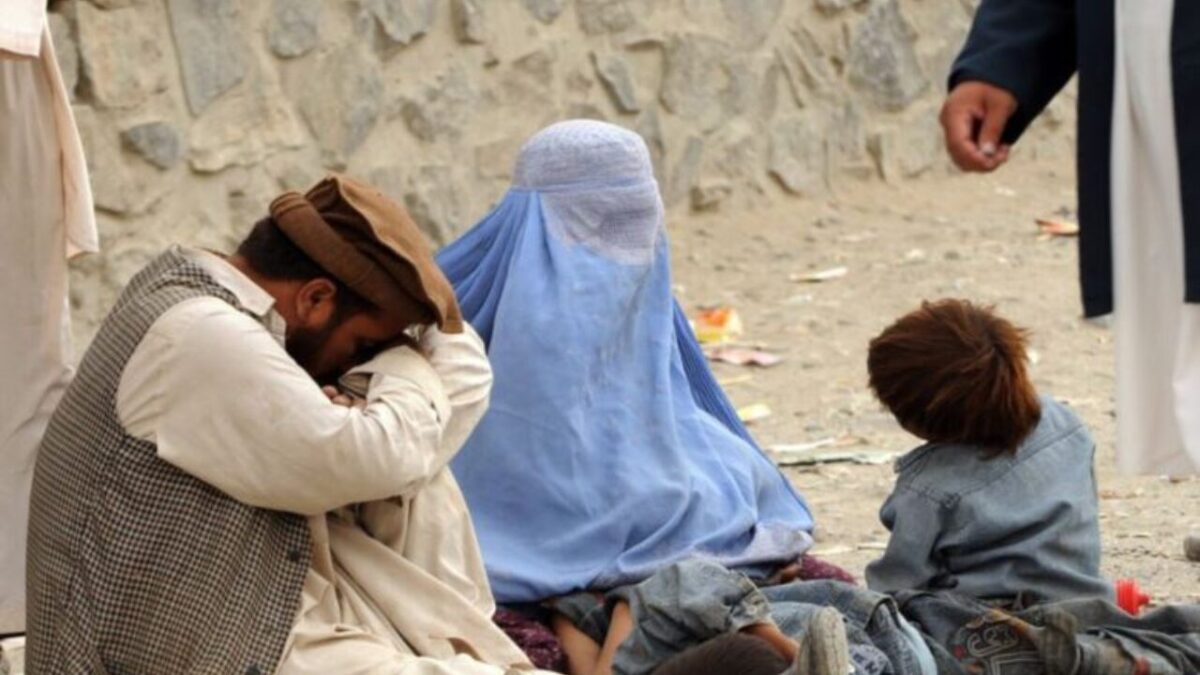The United Nations Sustainable Development Group has reported that approximately 15.8 million people in Afghanistan are facing severe food insecurity at crisis and emergency levels.
According to the report, the majority of the Afghan population struggles to meet basic needs such as healthcare, food, livelihoods, and housing. The data, which includes figures from the World Bank, indicates that about 80% of Afghan families live on less than $1 a day per household member.
In 2024, the food insecurity situation is expected to worsen, with an estimated 17.2 million Afghans experiencing crisis and emergency conditions.
The report also highlights the increased challenges faced by UN agencies in delivering aid, as the Taliban has intensified restrictions on women and girls’ rights to education and employment. Since August 2021, the Taliban have issued more than 50 decrees specifically targeting women and girls, along with various provincial-level decrees and practices that restrict their fundamental freedoms.
In April 2023, similar restrictions were imposed on female Afghan employees of the UN, echoing restrictions from December 2022 on women working for non-governmental organizations.
In response, the UN and its partners have vowed to maintain a principled approach, recognizing that Afghan women and girls are crucial not only as beneficiaries but also as agents of change for fostering an inclusive and prosperous Afghanistan. The UN emphasized the importance of women’s central role in the design and delivery of aid, including meaningful participation by women-led and women’s rights organizations, to ensure safe and equitable access to support.
The UN remains committed to employing female Afghan staff and to fostering a diverse workplace reflective of Afghan society.
The report also addresses the mass deportation of Afghan refugees by Pakistan, noting increasingly difficult conditions for Afghans residing in Pakistan. Citing the International Organization for Migration, the report states that about 80% of those returning are women and children, who often must leave their belongings and savings behind.
The report discusses the implementation of Pakistan’s Illegal Foreigners’ Repatriation Plan (IFRP), which has forced hundreds of thousands of Afghans back to Afghanistan under uncertain conditions.
Additionally, the report reveals that more than half of the media outlets active before August 2021 in Afghanistan have shut down. UNESCO convened a coordination meeting in Brussels in November 2023 to address the needs of the Afghan media community and to aid their resilience and sustainability.





